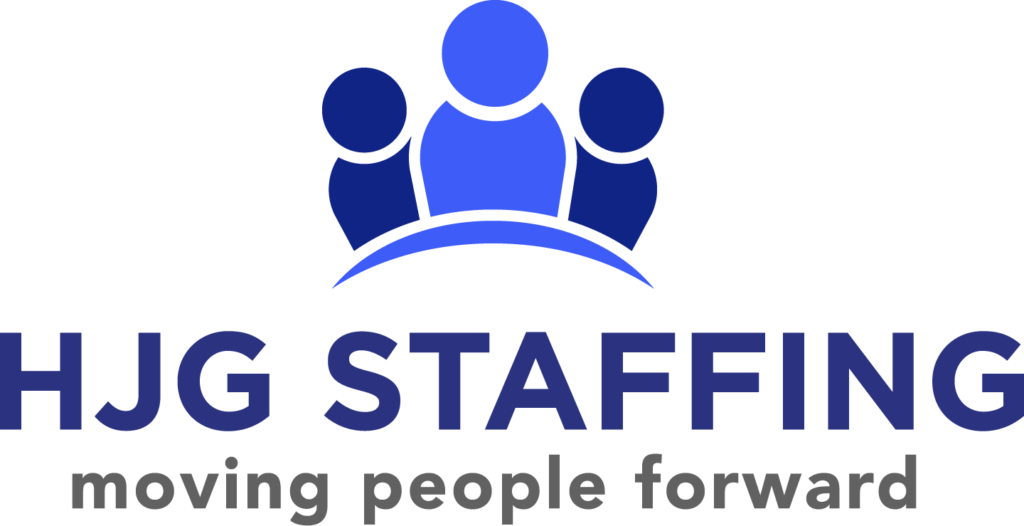Starting a new job can be an exciting and welcome change. Like any fresh experience, nerves and discomfort are completely normal and signify a period of growth. A new job, role or responsibility can significantly impact your life, and starting this journey on a smooth note can ease nerves and set the tone for your future.
Whether it’s a probationary period or the first months at a new job, the balancing act of making a positive first impression while remaining true to yourself can be tricky. Furthermore, entering into existing social dynamics is unpredictable. This can be nerve-racking for anyone, especially those with social anxiety. Practicing some useful tools and exercises can ease this transition and help establish your ideal work experience.

Teamwork:
Being a team player at work does not equate to a lack of personal and professional boundaries. It can be easy to overextend ourselves and say yes to extra tasks, especially as the new kid on the block. When it comes to practicing teamwork, remember that extending yourself to others can be genuine and benefit all parties.
Dale, a professor, recalls a period when overextending himself transformed into burnout. “I am always honored to be asked to speak at other universities,” he says. “However, life became stressful, and I was spreading myself too thin. I felt guilty for saying no to wonderful opportunities, so I kept traveling to speak. Overcommitting lead to a sacrifice of my health, which caused the enjoyment of these opportunities to dwindle.”

When we let guilt guide our decisions, exhaustion, languishing and burnout can be the consequence. This is usually accompanied by extreme overwhelm and even decision paralysis. For instance, Dale considered dropping all speaking engagements for the remainder of the year. Looking at his schedule gave him anxiety, and the easiest decision felt like eliminating everything possible.
While taking care of yourself is the most important, and this might call for taking more drastic measures, try taking a breath and a step back. “I reviewed my schedule and cut back on some engagements. I made more time for rest and family. After a while, my love for sharing information with others came back, and I created a schedule that worked for me.”

The lesson here is balance. Of course, balance seems to elude even the experts from time to time. It can be tricky, so remember to say yes to helping others when time permits and have the mental capacity to do so. This might look like a coworker asking you to stay late to help on a project. Practicing teamwork and boundary setting in this situation could be: “I am clocked out for today, but I would love to help you tomorrow. I have 11 AM and 2 PM available.”
Communication:
Because authentic and effective communication is the backbone to any healthy relationship, remember that it’s okay to ask questions and check-in with your manager / coworkers. “My anxiety makes me feel annoying when I ask a bunch of questions. I feel obnoxious, but I’m very thorough and like to write new information in my notebook,” recounts Nicole, an interior designer. “My clients are people who want me to transform their homes, so asking questions and getting clarity is imperative.”
Nicole learned to coexist with her fear of seeming annoying due to asking too many questions. “I realized I was anxious when I didn’t ask enough questions and get the information I wanted, so I might as well be anxious and actually get the details I need to optimally perform my job.”

Social anxiety and general anxiety can be debilitating, and what might seem like a simple act of talking to a coworker or manager can be a terrifying experience for some people. It’s important to remind yourself that you were hired for a reason. Scheduling check-ins with your manager/ team, especially at the beginning of a new job, can ease nerves and help quash the imposter syndrome that can creep into the mind with the onset of a new job.
Ultimately, asking questions, gaining clarity and truly listening to ourselves and others is the foundation of growth and learning. Embracing a new experience can present the opportunity to challenge ourselves. If communicating feels scary, annoying, or difficult for you, try challenging yourself to practice in baby steps.
Social Dynamics:
In life, we encounter people we enjoy and people we do not. While there might be specific reasons for this, sometimes we simply do not click with certain individuals, and this is perfectly okay. Who you work with is likely out of your control. Because we interact with and spend ample time with our work team, respect is a key component . While it might be challenging, it is possible to coexist with the people we may not otherwise fraternize with outside of work.
Of course, if you are uncomfortable with a co-worker’s behavior and/or a serious issue arises, it’s important to report this immediately. Respect is a two-way street in which all parties must actively participate. “Being paired for a project with my very quiet coworker felt uncomfortable,” Don, an advertiser, shares. “I like to talk out my ideas and verbally plan, whereas my coworker is the opposite.” While Don faced a unique situation, he managed the situation with respect and solutions-based thinking.

“I sent an email asking my coworker if we could meet halfway. This worked perfectly. We met in person half the time while scheduling ample solo time to ensure success for both parties and the project,” Don recalls.
It’s usually helpful to remind ourselves that we all bring different talents, gifts and abilities to the table. It takes effort, patience and sometimes creativity for various personalities to work cohesively. Remember, it’s okay if you don’t enjoy or like everyone, but mutual respect is still required for success and a healthy environment. Try shifting the perspective to working towards a solution that satisfies everyone.

New beginnings come with an array of feelings, from excitement to nervousness to uncertainty. Navigating fresh waters can be tricky, especially when it comes to a new job. From being a team player to establishing boundaries and navigating new social dynamics, balancing everything takes time and practice. While it’s virtually impossible to know how a new job might turn out, giving yourself patience and grace to adjust is important. Reflection on how you want your new experience to unfold can create a more positive experience that harmonizes work with well-being.



